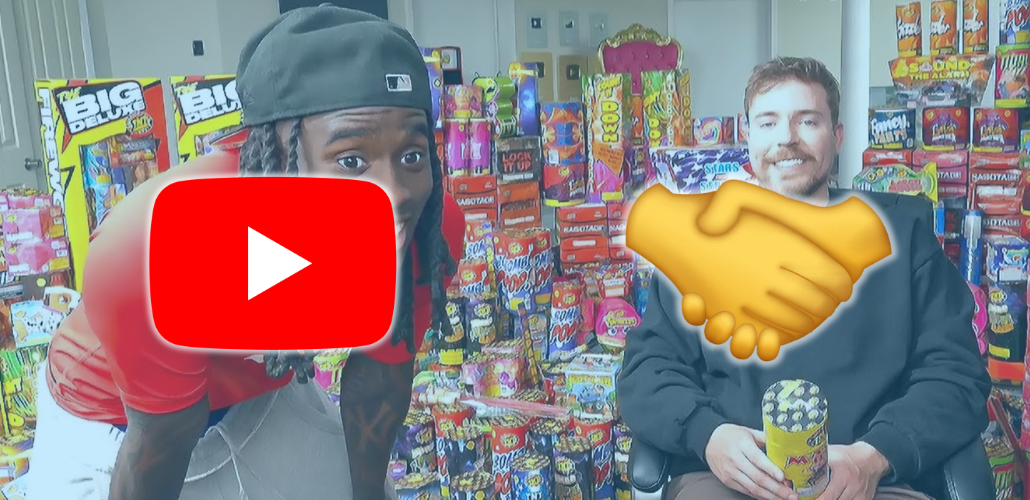Menu
Contact
.png)
TikTok isn’t getting banned but it is changing. With Oracle stepping in alongside investor powerhouse Andreessen Horowitz, the app’s future is shifting in ways that matter for creators and everyday users alike. Let’s break it down.
Oracle, the OG tech giant that’s been running the back-end data game for decades, is now the official “adult in the room.” Meanwhile, Andreessen Horowitz, the Silicon Valley investor squad behind Facebook, Airbnb, and Clubhouse, is bringing startup energy. ByteDance, TikTok’s parent, will still own about 20%, but their role is shrinking.
Everyone’s first thought: what about my For You Page? The algorithm is TikTok’s secret sauce, the reason a dance trend from a random kid in Detroit can blow up worldwide in 24 hours. Oracle isn’t rewriting the code overnight, but the fact that U.S. regulators want eyes on it means subtle changes could creep in. Will the app start boosting more “safe for brand” content? Will edgier creators see less shine? That’s the tension to watch.
One of the biggest criticisms of TikTok was where all that user data was stored (spoiler: mostly in China). The deal locks U.S. user data into Oracle’s cloud servers. For creators, this means less political drama about bans, and for users, it could mean more trust that their likes, DMs, and viewing habits aren’t up for grabs. The real question is whether this move is about actual privacy or just optics.
Here’s where things get spicy. If TikTok wants to keep pace with YouTube Shorts and Reels, creator payouts need to level up. Oracle’s involvement might mean more stability (fewer shutdown scares = more brand deals). Andreessen Horowitz, with its startup track record, could push for better monetization tools, think expanded Creator Fund, improved ad revenue splits, or even new features like subscription fan clubs. The bag could actually get bigger.
While this deal is very U.S.-centric, TikTok is still a global platform with 1B+ users. Since ByteDance is holding a minority stake, don’t expect the app to suddenly feel “too American.” Your videos will still reach audiences in London, Lagos, or Seoul. The vibe stays global, even if the servers move local.
Here’s the elephant in the room: politics. President Trump was instrumental in pushing for this deal, and that raises real questions about how content critical of his administration or U.S. politics in general will be handled. TikTok has already been accused of shadow-banning certain hashtags and movements (remember early BLM protests and LGBTQ+ content concerns).
Now, with U.S. oversight tied directly to political pressure, creators are asking: could the platform be weaponized? Imagine if content critical of Trump quietly stopped surfacing on the For You Page. It wouldn’t take an outright ban, just small tweaks in the algorithm to bury a video.
The odds? Hard to say. Oracle and Andreessen Horowitz don’t want the bad press of obvious censorship, but subtle algorithm shifts are hard to track. For creators, this means staying vocal, screenshotting analytics, and calling out suspicious dips in reach. Gen Z has grown up with receipts, and if TikTok plays games, they’ll get exposed.
Don’t expect the UI to suddenly change or your feed to look different tomorrow. But new features could roll out as the deal settles.
Bottom line: the app’s not going away. In fact, with new money and new oversight, it might double down on being the #1 creator playground.
This deal isn’t a TikTok funeral, it’s more like a remix. The algorithm stays, the global reach stays, but now there’s more U.S. oversight and possibly a stronger path to creators making real money. The wild card? Politics. If TikTok becomes a tool for censorship or quiet shadow bans, it could undermine the very authenticity that made the platform blow up in the first place.
For Gen Z and millennial creators, that means: keep posting, keep experimenting, and keep watching the watchdogs. Because the fight for your For You Page might just be the next big digital battleground.
.png)
When you think about archives, you probably picture dusty boxes in a basement. But at the first-ever AI & Cybersecurity Conference at LeMoyne-Owen College, the fifth-oldest HBCU in the country, we saw something different.

Another Apple event just wrapped, and while they rolled out shiny new updates and sprinkled in their usual marketing fairy dust, let’s keep it real

Remember that awkward moment when refs would bring out the chains, everyone squints, and you’re left yelling at your TV? Yeah, that’s over.

Traditionally, long-form collaborations on YouTube meant co-producing a video that was published on just one creator’s channel. Cue the awkward moment during planning when someone asks, “Can I post it on my channel too?” and you hesitate because you want to keep the traffic centralized. We’ve all been there.